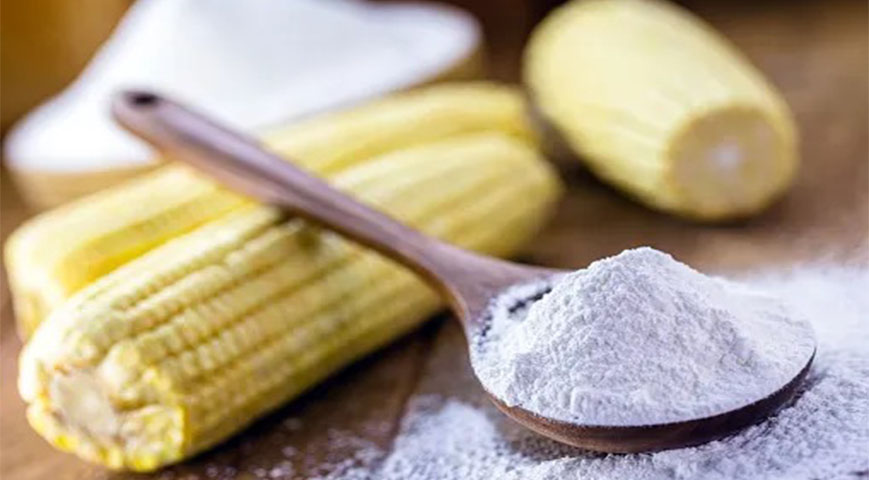The Ministry of Health has issued a stern warning concerning Sherehe GSM maize flour due to elevated aflatoxin levels.
The Office of the Director General for Health wrote a letter to public county health officials and copied it to the Kenya Bureau of Standards, stating that Sherehe GSM maize flour is unsafe for human consumption.
In a letter dated May 6, 2024, Acting Director General for Health Dr Patrick Amoth cautions that the flour brand has exceeded the standard aflatoxin restrictions measured in parts per billion (ppb).
“Laboratory analysis on April 30 of Sherehe GSM maize flour with no batch number has shown that the flour contains a high level of aflatoxin above the requirements of 10.0 ppb. The level records 714 ppb,” reads the letter.
The Health Ministry has ordered that all current maize flour in the local market be seized. Nairobi County police have also been told to halt the milling and distribution of maize flour.
The ministry also ordered increased surveillance of all food products on the market and requested frequent reporting on measures performed.
Aflatoxins are a type of toxin generated by fungi that live on crops such as maize, peanuts, cottonseed, and tree nuts.
Aflatoxin-producing fungi can infect crops during cultivation, harvesting, and storage.
People can be exposed to aflatoxins by eating infected plant items or ingesting meat or dairy products from animals fed contaminated feed.









